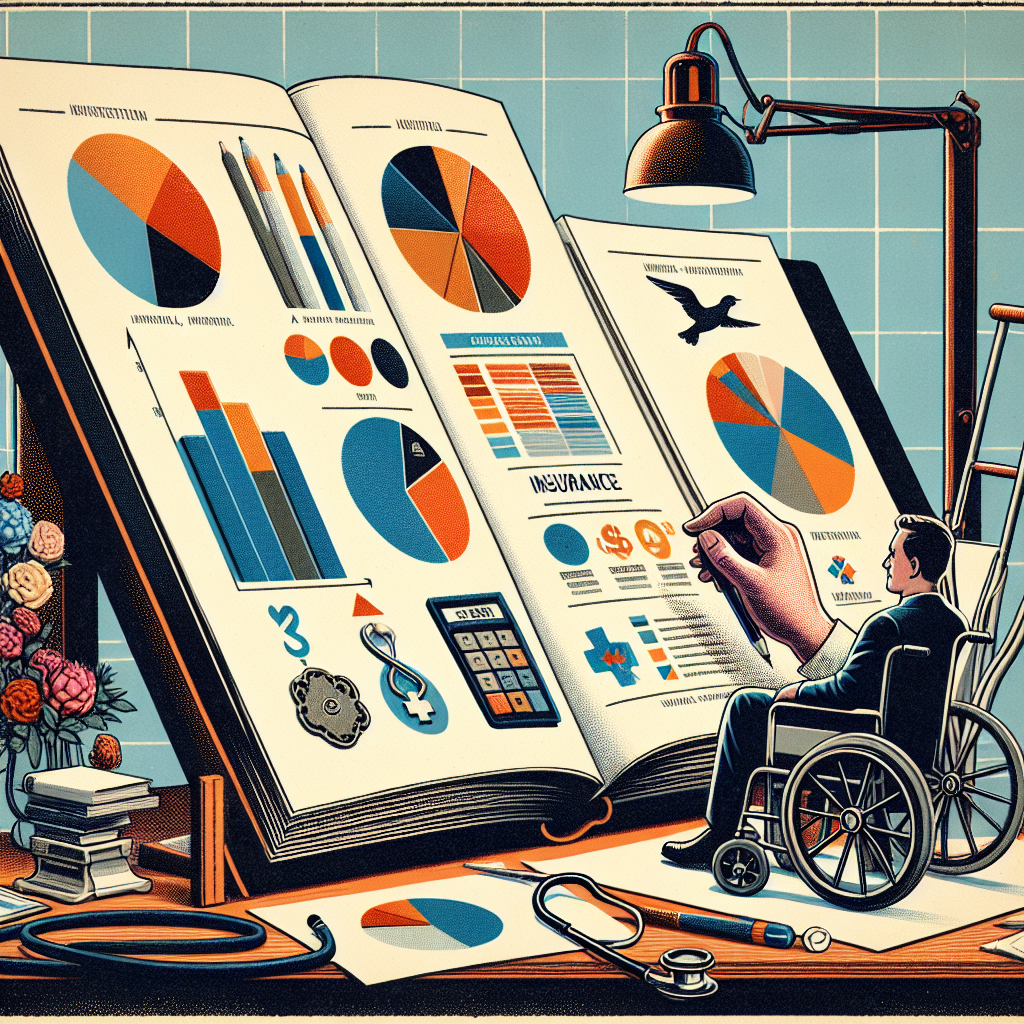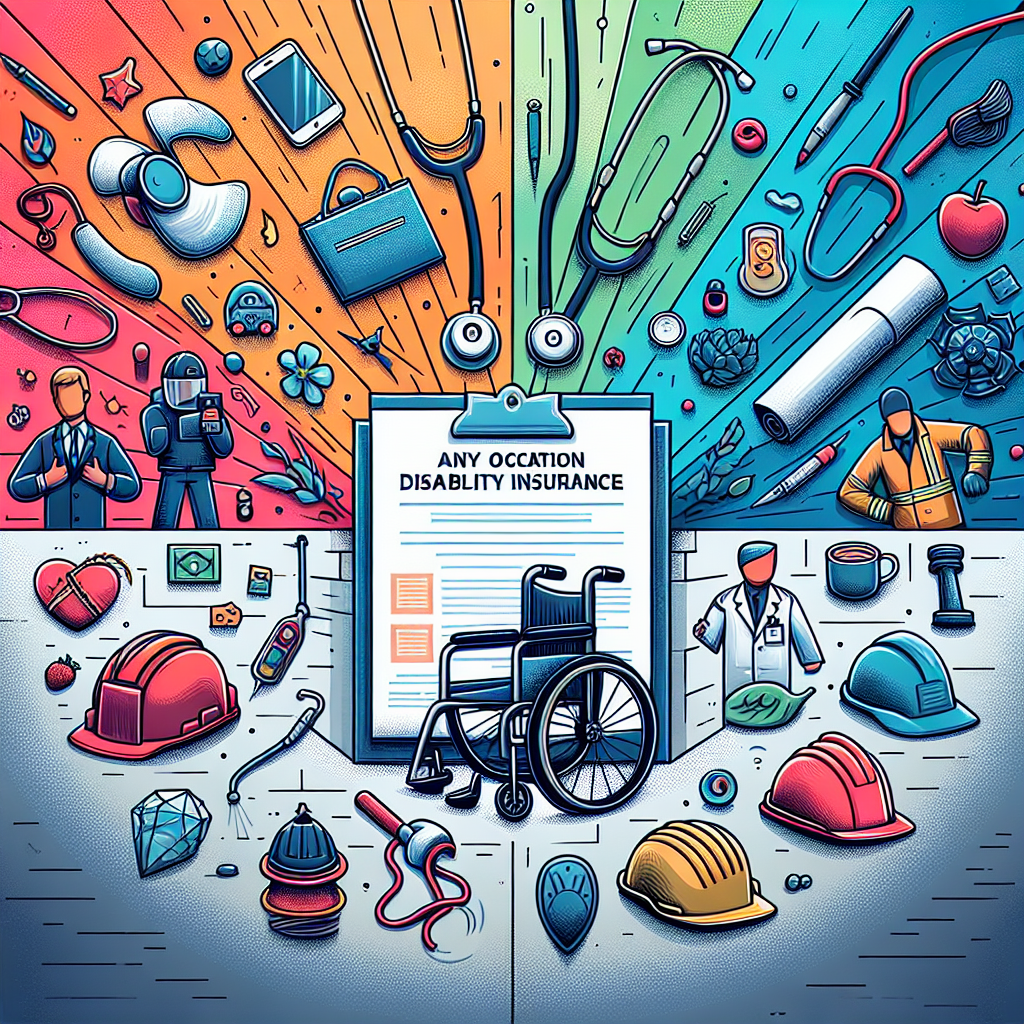Filed under Business Insurance on
Understanding Welding Business Insurance Costs Today

In the ever-evolving landscape of industrial work, welding businesses face a variety of risks and challenges. One of the most crucial aspects of managing these challenges involves understanding welding business insurance costs. A comprehensive insurance plan is vital not only for compliance but also for safeguarding your assets, employees, and reputation. As we delve into the intricacies of welding business insurance costs, we'll explore the factors that influence them, examine industry trends, and offer insights for both seasoned and budding entrepreneurs.
Why Welding Business Insurance Is Essential
Welding businesses operate in a high-risk environment, dealing with equipment that can cause fires, as well as hazardous materials. Insurance serves as a financial safety net, ensuring that businesses can recover from unexpected events. Without adequate coverage, companies are exposed to significant financial losses that can result from lawsuits, accidents, or equipment damage. Understanding welding business insurance costs can thus pave the way for making informed decisions that protect your business and employees.
Components of Welding Business Insurance
Before we dive into welding business insurance costs, let's break down the components typically included in these policies. It's essential to understand what each part covers so you can tailor your insurance plan to your specific needs.
General Liability Insurance
This is often the cornerstone of business insurance. It protects against third-party claims of bodily injury, property damage, and personal injury. For welding businesses, this could include incidents where a client's property is accidentally damaged during work.
Commercial Property Insurance
This policy covers damages to your business's physical assets, including buildings, equipment, and inventory, in the event of events like fires or vandalism. Given the high value of welding machinery, this coverage is crucial.
Workers' Compensation Insurance
As an employer, it's your responsibility to ensure the safety of your employees. However, accidents can happen, and when they do, workers' compensation ensures that injured workers receive medical benefits and lost wages. Not having this insurance can lead to hefty fines and legal ramifications.
Commercial Auto Insurance
If your welding business involves transporting equipment or materials, commercial auto insurance is necessary. This policy covers damages or injuries resulting from accidents involving business vehicles.
Professional Liability Insurance
Also known as errors and omissions insurance, this covers legal costs related to claims of negligence or mistakes in your professional services.
Factors Influencing Welding Business Insurance Costs
Multiple factors can affect welding business insurance costs. Understanding these variables can aid in planning and budgeting for your insurance bills.
Business Size and Revenue
Larger businesses with higher revenue streams often face higher insurance costs because they possess more assets that require protection. Moreover, more significant operations tend to involve higher risks.
Location
Your business's location impacts insurance costs significantly. Areas prone to natural disasters, or with higher crime rates, can see steeper insurance premiums. Additionally, local regulations and mandatory coverage types affect overall costs.
Claims History
A previous claims history filled with incidents can signal a high-risk business to insurers, leading to increased premiums. Hence, maintaining a safe work environment and minimizing claims can positively affect your insurance costs.
Type of Work and Projects
The nature of your welding projects plays a significant role in determining coverage costs. For example, welding work involving complex structures or hazardous materials may attract higher premiums due to increased risk levels.
Chosen Deductibles and Coverage Limits
Higher deductibles typically lower your premium costs, but they require you to pay more out-of-pocket when incidents occur. Conversely, higher coverage limits may lead to increased premiums.
Strategies for Managing Welding Business Insurance Costs
With a clear understanding of what influences welding business insurance costs, you can adopt strategies to manage these expenses effectively. Here are a few approaches:
Conduct Regular Risk Assessments
Identifying and mitigating risks can prevent accidents and reduce claims. Regularly updating safety protocols and training employees are effective ways to lower risk and, consequently, insurance costs.
Shop Around for Quotes
Insurance premiums can vary significantly between providers, making it crucial to compare quotes from multiple insurers. This process not only helps find better deals but also encourages competitive pricing among insurers.
Seek Bundled Insurance Packages
Many insurance providers offer discounts when you purchase multiple types of coverage. Bundling general liability, property, and auto insurance, for instance, can lead to substantial savings.
Work with an Insurance Advisor
Insurance advisors can provide invaluable insights tailored to your specific business needs. They can help negotiate better terms, find discounts, and ensure you aren't overpaying for coverage.
Invest in Safety and Training
A safe work environment benefits everyone. Investing in safety equipment and regular training sessions not only minimizes incidents but also can make your business eligible for reduced insurance rates, thanks to improved risk profiles.
Trends in Welding Business Insurance
Staying updated on trends within the welding insurance industry can empower you to make informed decisions. Here are a few current trends:
Technology Integration
With technological advances, modern welding equipment is becoming safer, leading to potential reductions in associated risks. Additionally, digital platforms offering real-time risk management tools are becoming integral, easing compliance and potentially lowering insurance costs.
Environmental Considerations
As society shifts towards sustainable and eco-friendly practices, eco-conscious businesses could experience more favorable rates. Insurers may offer discounts for businesses using environmentally friendly materials or practices.
Customizable Policies
The contemporary market sees a rise in customizable policies, allowing welding businesses to select coverage options that precisely fit their needs, rather than adhering to cookie-cutter plans.
Conclusion
Understanding welding business insurance costs is fundamental for any entrepreneur in the field. By recognizing the various components of a comprehensive policy, the factors affecting costs, and the strategies to manage these expenses, you equip your business with financial resilience and peace of mind. Proactively engaging with industry trends and leveraging tailored advice ensures that your business is well-protected as it continues to grow and thrive.
Insuring a welding business might initially appear daunting, with numerous considerations at play. However, strategic planning and informed decision-making can transform this challenge into an opportunity, securing your business for today and tomorrow.





